The lost ancestors
Veneration of the dead has always been one of the most important pillars of the Slavic culture. One of the way in which our ancestors revered their dead was by preparing celebratory feasts, during which the departed were summoned, and then fed, asked for advice or for blessings. Initially those feasts were lead by a priest (zhrets, volkhv), who after the Christianization of the Slavic land was replaced by a dziad – a travelling bard. It is difficult to say which came first – the name of the celebratory feasts (Dziady) or the name of the traveling bard (dziad), but there is no doubt that both played a significant role in the Slavic culture. The function of the travelling bard was still known in the XIX century and the tradition of Dziady (the feasts for the ancestors) remains alive even now, after it was incorporated in the Christian liturgical year.
To understand why maintaining contact with the ancestors was (and still is) so important for the Slavs, we have to look at what our ancestors mean – to all of us.
Nowhere better than at granny’s
The conflict between generations is as old as human societies. Usually it is most visible between the parents and their children, but typically with further generations the conflict seems to be gradually disappearing and is replaced by unconditional love. For most of us the grandparents’ house is an oasis of peace and understanding, even if the house of our own parents is filled with continuous arguments.
Generally the grandparents are less tied up with their own lives, they have more time to carefully listen and they care deeply about their grandchildren’s happiness – thus their advice tend to be better suited for the needs of the grandchildren (than the advice of the parents). Life experience and the proximity of death gives our grandparents an unique perspective on the true meaning of life, allowing them to see the value in immaterial goods (love, friendship, ethics) so very important for our wellbeing, but so often ignored by the younger generations.
Towards the end of life most people start to appreciate the value of interpersonal ties, at the same time shifting towards altruism. Modern psychology confirmed this phenomenon in many studies. Our Slavic ancestors noticed it too.
Gramps better than a saint
The importance of the veneration of the dead in the Slavic culture is the best proof of our ancestors’ intelligence and deep understanding of human psychology. After all a God, Goddess or a (Christian) saint have more responsibilities and worries, so not always they can pay attention to the problems of an individual. But a great grandfather and grandmother will always care about their grandchildren’s wellbeing and good fortune. This is why it’s way smarter (and more effective) to go for help/advice/blessing to the anscestors, than to count that a God, Goddess or a saint will suddenly start caring about us. Hence Slavs, despite the efforts of the Christian missionaries (and then priests) stubbornly rejected the Christian dogma and stuck to what they knew to be true and what guaranteed the most chances of succeeding – the wisdom of their ancestors.
Support from the Afterlife
The lives of our ancestors were much, much harder than ours. The generations of our grand (or great, great grand) parents didn’t have modern medicine, plumbing, central heating, refrigerators, supermarkets; often they did not even have a dry bed or a solid roof over their heads. There cannot be any doubts that they struggled more than we ever have.
If you are a Slav your ancestors lived through at least one world war, they might even had experienced the hell of concentration camps (which, by the way, were not Polish), or a Soviet gulag. Despite this your ancestors lived long enough to have their offspring and either coped well enough to look after them for at least over a dozen of years, or they were able to build interpersonal ties (with a friend, neighbour or a member of extended family) strong enough to make sure that somebody else took care of their children, if they could not do it.
Why then nowadays when we face the difficulties of life we don’t turn to our ancestors, but we seek help from a priest, a therapists, a guru or a self-help book? Why looking for support from the Afterlife is considered… hmmm… let’s say – silly, while asking for help from people for whom our wellbeing might be of value but is most certainly not the priority (a priests, a therapist, a self-help book author) is thought to be more smart?
The next time when your life becomes hard, when you need support or just a good word, try to call on your ancestors. I can guarantee that, even if you don’t hear them or don’t feel their presence, only knowing how strong and determined they were will help you to find the strength and determination within yourself. If your grandparents or great grandparents survived Siberia, surely you can manage a divorce or a period of unemployment. After all their blood flows through your veins.
Let’s make sure that our ancestors don’t get lost in the darkness of the history. Let’s find them, summon them and accept their blessings. Particularly now, in the autumn, when during the long nights the gate to the Afterlife are opened the widest.
Slava!
art by Goria

